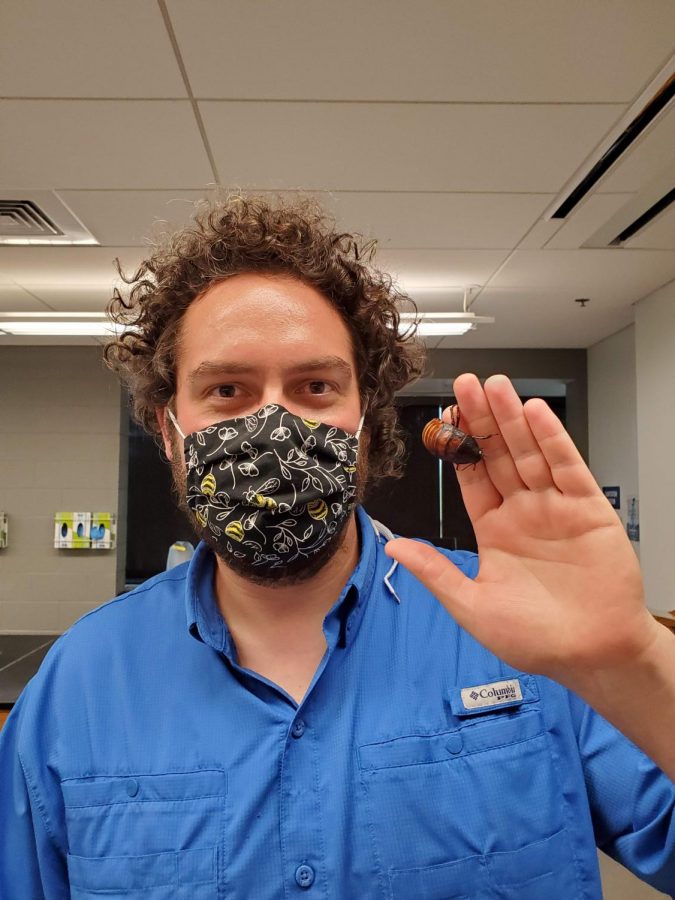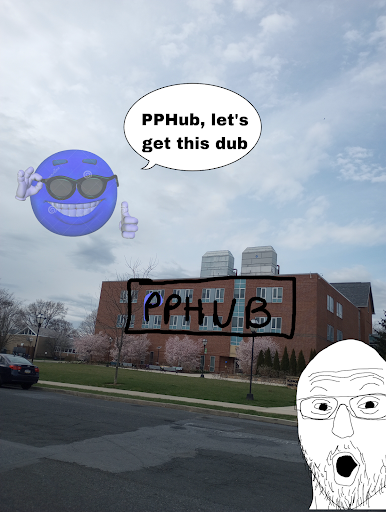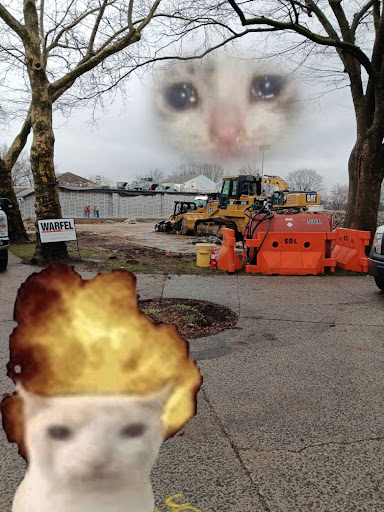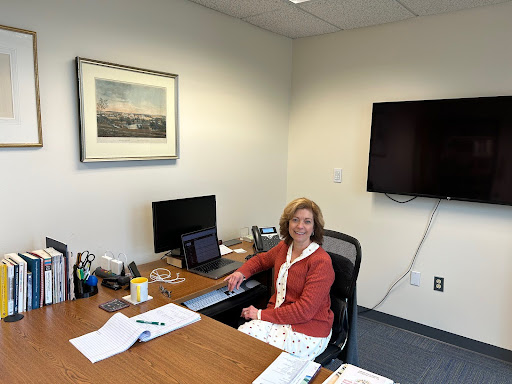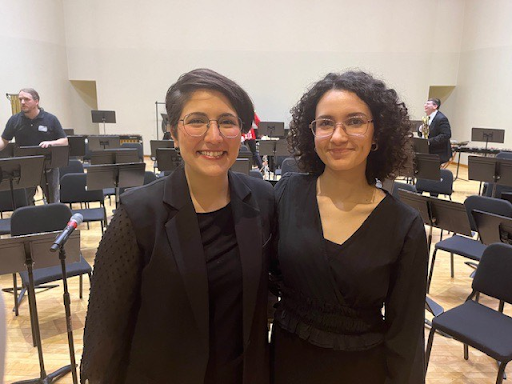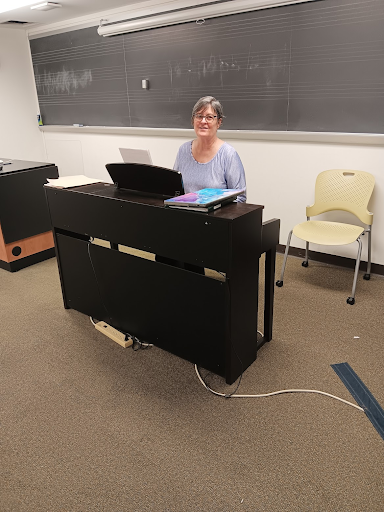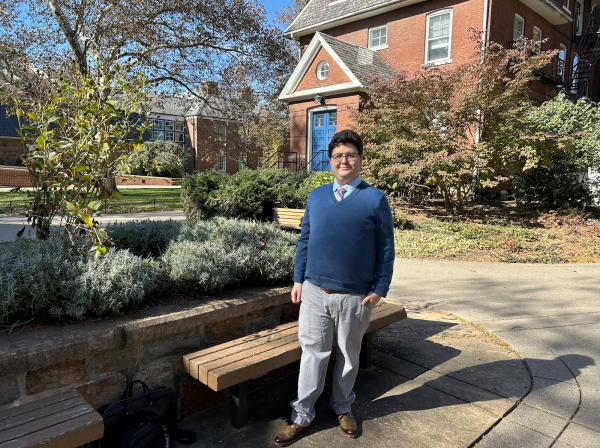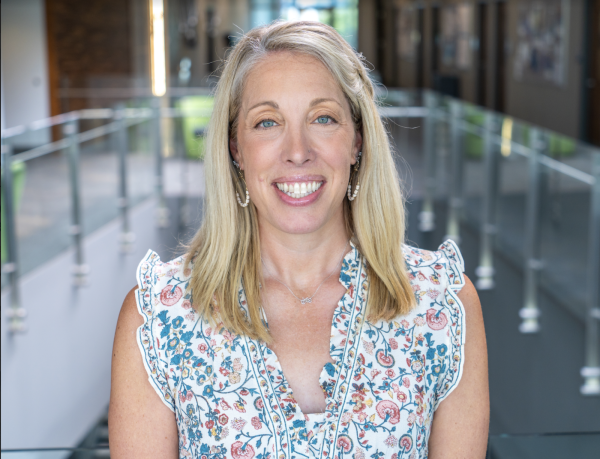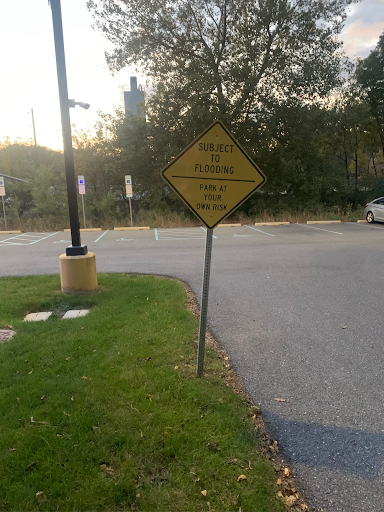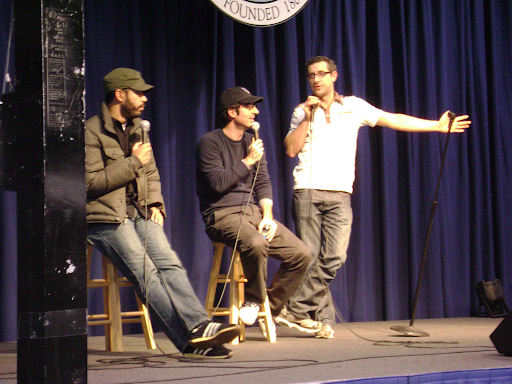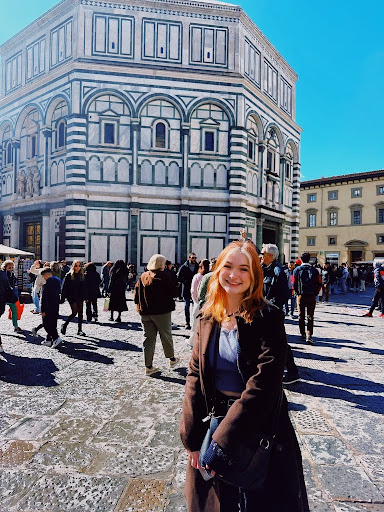Professor Spotlight: Dr. Daniel Proud
Dr. Daniel Proud
Daniel Proud is an assistant professor of biology at Moravian College. He obtained his B.A. in mathematics and B.S. in biology from Virginia Wesleyan University and his Ph.D. in environmental and evolutionary biology from the University of Louisiana at Lafayette.
What inspired you to go into your field of study?
I was always interested in math and science, and I really found my niche when I began studying at Virginia Wesleyan College (Norfolk, VA). During the first week of my freshman year, I sat down with my first-year advisor, Dr. Daniel Margolies, a professor in history, and he challenged me to think deeply about what I really wanted to study – what interested me the most. I told him that I was a certified SCUBA diver and that I really enjoyed marine biology.
After that conversation, I decided to rearrange my entire course schedule so that I could add zoology and general chemistry. The professor who taught zoology, Dr. Victor Townsend Jr., later became my academic advisor who introduced me to research and led several adventurous field courses to places like the Sonoran Desert, the rainforests of Trinidad, and the tropical reefs of Belize. I was hooked on tropical biology! I graduated with a B.A. in mathematics and a B.S. in biology, and I went on to get my Ph.D. in biology. So, the short answer to what inspired me: really great mentors!
What research are you currently working on?
I have several lines of research that I’m pursuing with students in my lab, as well as with colleagues across the globe. My research focuses on questions related to evolutionary biology and ecology. But here is the part that gets people’s attention: I study arachnids! Specifically, I focus on a poorly studied group of arachnids called harvestmen, or daddy long-legs. My biggest current project involves understanding the evolutionary history and biogeography of harvestmen in the Americas and West Indies. I am also working on a project in the Peruvian Andes where we are trying to understand the effects of climate change.
All of these projects depend on our understanding of species relationships and diversity. However, many of the species we collect are new to science so, in many cases, the first step is to discover and describe those species – which is really quite exciting! In the process of discovering and describing species, I am trying to integrate art and science in order to find new ways for everyone (especially people outside of the scientific community) to engage and connect with this research.
What do you think is the most recent important development in your field of study?
The development of new technologies like next-generation sequencing is probably the most cutting-edge stuff in my field. It is now relatively easy to sequence entire genomes. The biggest challenge now is processing that data and making sense of it. In my lab, we typically don’t work with entire genomes but we focus on small segments of the genome that contain the most useful information for understanding evolutionary history of arachnids.
What job would you have if you couldn’t be a professor, regardless of salary and job outcome? Why?
That’s a tough question because I really like what I do! I suppose I would enjoy being a field guide in some exotic tropical place – because it would allow me to constantly be out in the field observing things in nature while also educating people about the incredible diversity of life. I suppose that’s why I enjoy teaching field courses so much. I look forward to taking students to visit the tropical forests in Central or South America once we are able to safely travel again!
What do you know now that you wished you knew when you were in college?
I wish I had known how valuable Spanish would be to me! I studied French, but I never actually had an opportunity to use it in any of my travels. Most of my work takes place in parts of the Americas where people primarily speak Spanish. I have since studied Spanish on my own, and I have taken classes. I still have a lot to learn, but I enjoy being able to connect with people when I travel. My favorite recent conversation in Spanish took place during an unexpected visit to a beekeeper’s shop in a small town in the Peruvian Andes.
What is your biggest student pet peeve?
The question “Is this going to be on the test?”
What was the last streaming show that you binge-watched or the last good book that you read?
I am reading a book right now by Connie Barlow called “The Ghosts of Evolution”. It nicely illustrates how species living today are an evolutionary product of the ecological interactions and selective pressures that they experienced in the past. I really enjoy non-fiction books about the natural world that are geared towards general audiences.
What is something interesting about you that most people don’t know?
I lived in Buenos Aires, Argentina, for two years working as a post-doctoral researcher at the Museo Argentina de Ciencias Naturales (the Argentine Museum of Natural Sciences).
What’s your spirit animal and why?
I’ll avoid drawing the obvious connection to my favorite eight-legged creatures for this one. Instead, I’d say my spirit animal is the chimpanzee, Pan troglodytes. We can learn so much about ourselves by studying our closest living relatives.
From your experience teaching, what traits do students possess when it comes to taking your course?
I think that students who enroll in my courses tend to have a deep connection with the natural world. Or, if they don’t already realize it, I try to help them to discover that connection!


